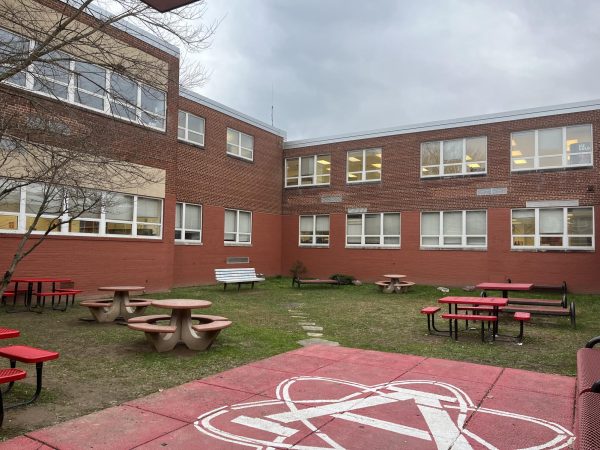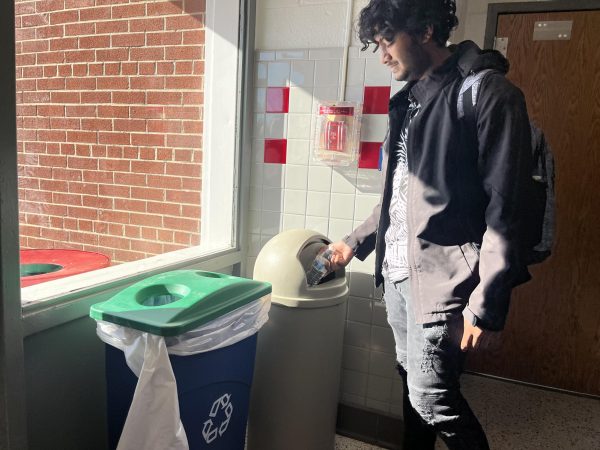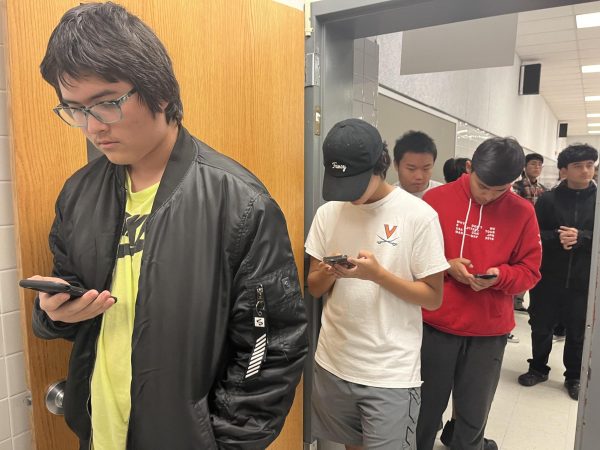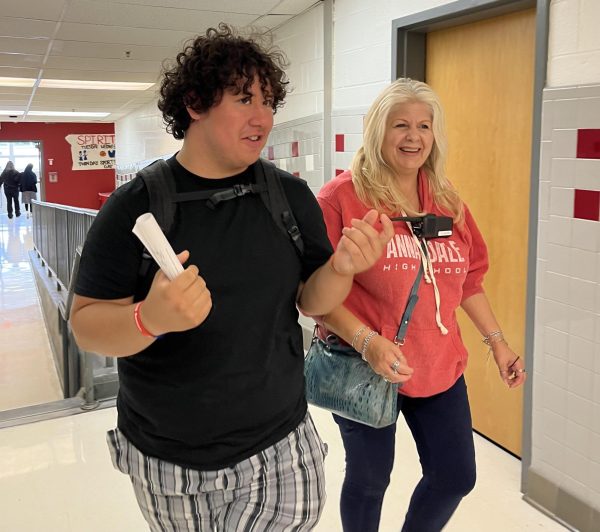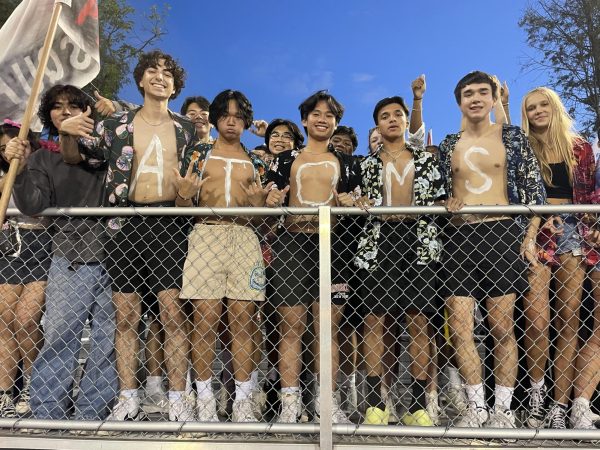Are summer assignments pointless?

Recent policy changes dictate that teachers aren’t allowed to give students homework over winter and spring break, but why do we still have summer homework? Summer homework causes nothing but premature stress.
In the summer, procrastination is inevitable– after a long year of rigorous work and stressing over things like finals and SOLs, students just want a break.
A break, however, is not what they get. All Annandale students have at least one summer assignment, sometimes four to five for upperclassmen.
Students, with all of their other various activities, are ill-prepared to cope with such a workload.
Summer break is not meant to be spent hunching over a computer or clutching highlighters until one’s hands are red. Students would much rather spend their only three months of freedom doing activities of relaxation.
Many students already choose to dedicate their summers to school-related things such as governor’s school, SAT prep and academic camps. When three to five monstrous assignments are added to the mix, things get a bit hectic.
Examples of common summer assignments include current event projects, annotating a book or extensive math projects.
Summer current event projects are typically around 20 summaries and responses to articles with a given theme. They are not particularly hard, but time intensive.
Annotating is the bane of every student’s existence.Reading a book is one thing, but annotating is another thing entirely. It often bleeds the enjoyment out of reading, and a dense or difficult book significantly prolongs the time spent on the assignment.
Students constantly question the benefit of these assignments, especially when they seem to be of no educational gain.
“[Summer assignments] help in some ways but I don’t like the theory of them because I think summer should be the student’s break,” junior Jessica Ferson said.
Although students may complain about the workload, teachers have their reasons for summer assignments.
“I think they’re necessary just to keep students actively engaged and to give us something to work with when students come in,” English teacher Melissa Phillips said. “But I don’t think it should be so overwhelming that, especially if they’re in a lot of advanced level classes, that all they’re doing all summer is homework.”
Teachers believe that summer assignments are important in the aspect of allowing the students to get glimpses of the classes that they will be enrolled in for the upcoming school year. It gives them a preview of what they will be learning and helps their brains stay busy over the three months of break.
“I think they get an idea, of maybe what to expect,” Phillips said. “I think it prepares the students for that academic year, and what they can expect personally as well.”
Even so, some teachers do share a common opinion that these assignments should not be too time-consuming or stressful for their students.
“I understand the need for summer assignments, but I don’t believe that they should be huge because it’s supposed to be a summer break,” Chemistry teacher Nancy Kaegi said.
However, even with that mindset, some teachers may not realize how much work students have to do over summer vacation.
The projects that are assigned in class may not seem like much, but the work begins to pile up once students receive their assignments in every other class.
More often than not, the four core classes are guaranteed to have summer assignments. In addition, there are some electives that require students to complete a summer project as well.
Many students choose to spend their summers traveling. Whether it be from state to state or country to country, some students spend the majority of their summers visiting other places with their families.
During these vacations, summer assignments and schoolwork are the last things on their minds. No one wants to be annotating Jane Eyre while they are sitting on a hotel balcony next to a perfect view of the beach.
On top of traveling, many students choose to participate in fall sports such as cross country, football and field hockey.
By the time they return from vacation, tryouts are taking place and soon enough practices begin. Practices for these sports tend to begin a month before school starts, or earlier, leaving students with even less time to complete summer assignments.
For example, varsity football practices are typically from 6 a.m. until 12 p.m. in the summer. Because of this, students are forced to balance their time between finishing summer assignments and practice, and more often than not balance is nearly impossible.
Almost every summer, students find themselves with several projects to do and insufficient time. Students are forced to rush said assignments and lose the intended academic benefit. They find themselves thoroughly stressed out before school even begins- a recipe for disaster.

Senior Sadie Modica has been on the A-Blast staff for three years. In addition to her responsibilities as Co-Editor-in-Chief, Sadie is an IB Diploma candidate...

Active member in various honor societies and clubs, senior Julie Nguyen has been on The A-Blast staff for three years. She is currently the Health Editor...






